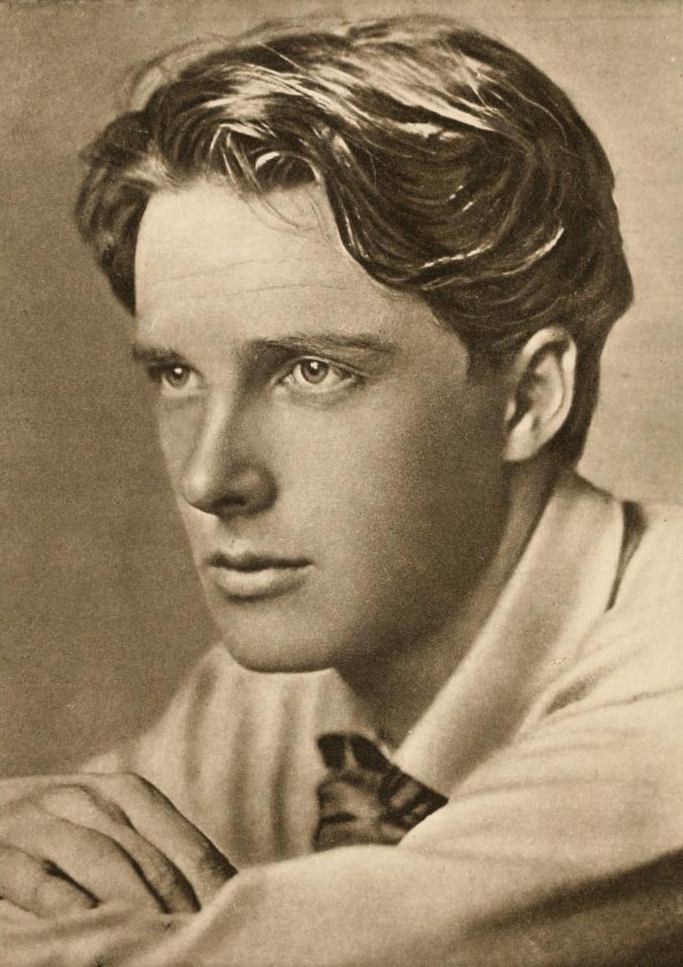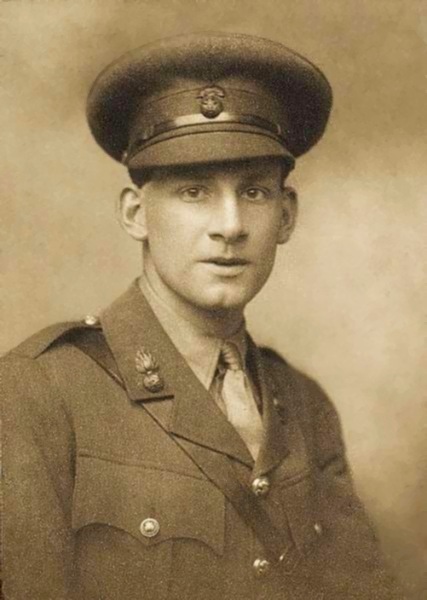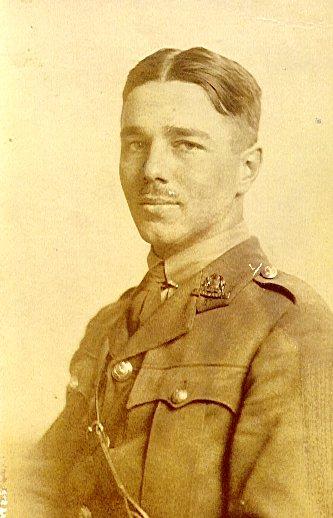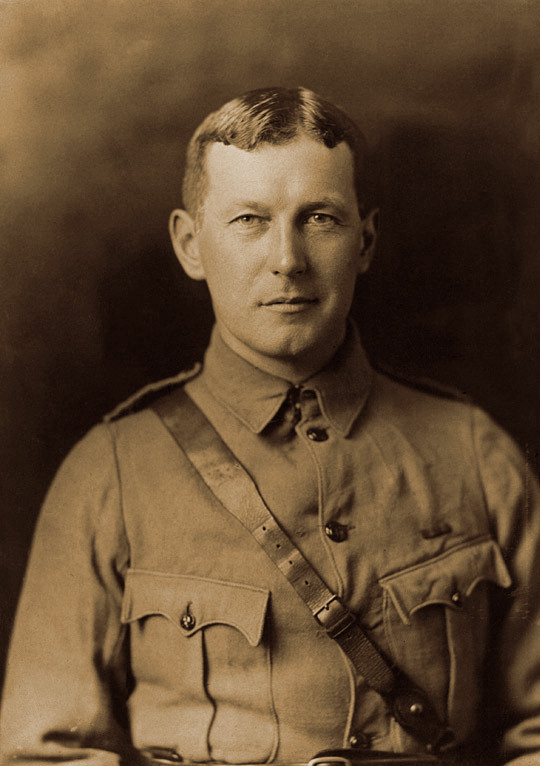Het arrangement 6V World War I Poetry (Literary History) is gemaakt met Wikiwijs van Kennisnet. Wikiwijs is hét onderwijsplatform waar je leermiddelen zoekt, maakt en deelt.
- Auteur
- Laatst gewijzigd
- 23-10-2023 14:20:32
- Licentie
-
Dit lesmateriaal is gepubliceerd onder de Creative Commons Naamsvermelding 4.0 Internationale licentie. Dit houdt in dat je onder de voorwaarde van naamsvermelding vrij bent om:
- het werk te delen - te kopiëren, te verspreiden en door te geven via elk medium of bestandsformaat
- het werk te bewerken - te remixen, te veranderen en afgeleide werken te maken
- voor alle doeleinden, inclusief commerciële doeleinden.
Meer informatie over de CC Naamsvermelding 4.0 Internationale licentie.
Aanvullende informatie over dit lesmateriaal
Van dit lesmateriaal is de volgende aanvullende informatie beschikbaar:
- Toelichting
- An introduction to English literary history: World War I Poetry
- Eindgebruiker
- leerling/student
- Moeilijkheidsgraad
- gemiddeld
- Studiebelasting
- 4 uur 0 minuten
Gebruikte Wikiwijs Arrangementen
Herbert Vissers eXplore. (2023).
5V Victorian Age: 19th Century Novels (Literary History)
https://maken.wikiwijs.nl/196632/5V_Victorian_Age__19th_Century_Novels__Literary_History_

 Egodact where you can keep track of what you are doing over the years.
Egodact where you can keep track of what you are doing over the years.

 Siegfried Sassoon
Siegfried Sassoon
 John McCrae
John McCrae